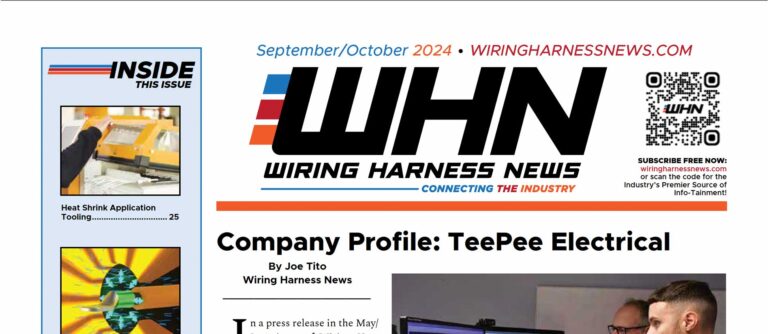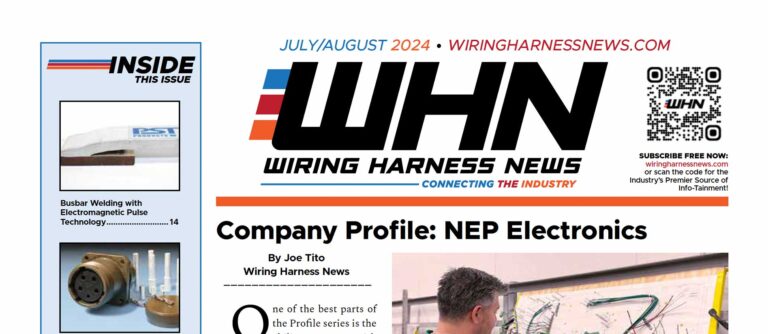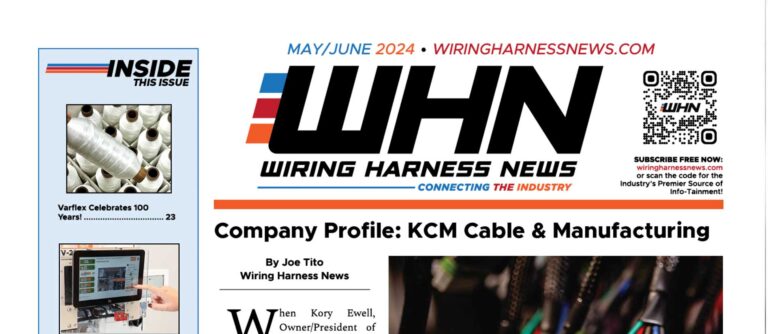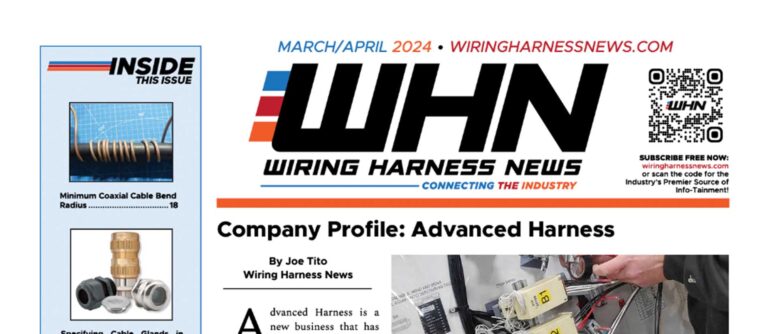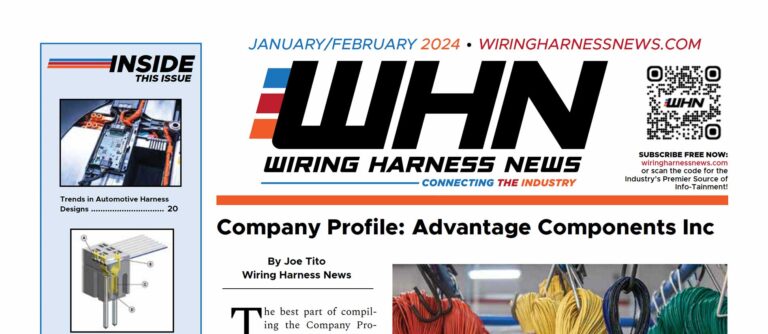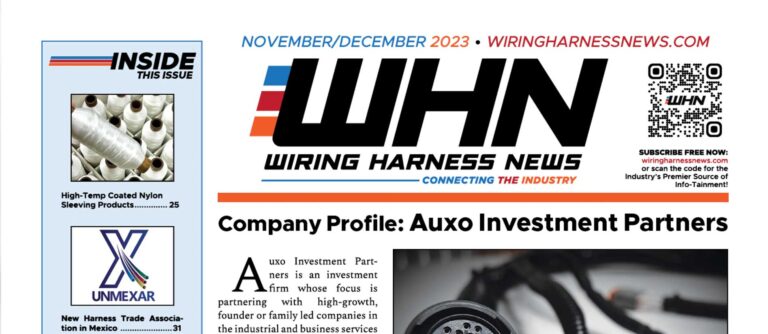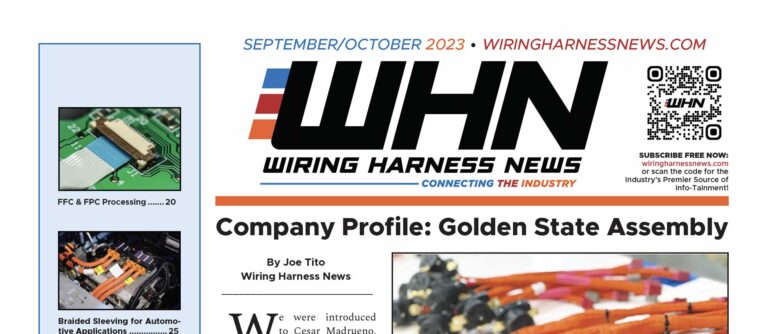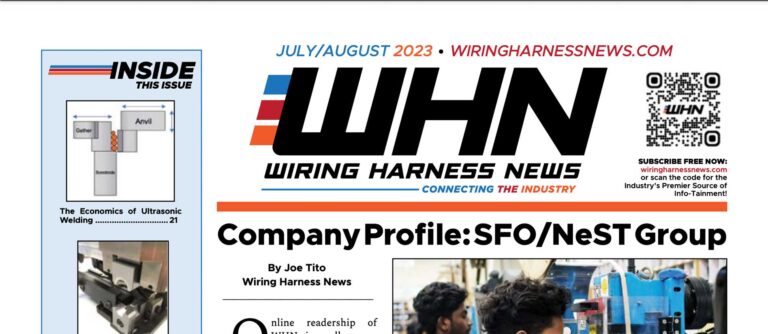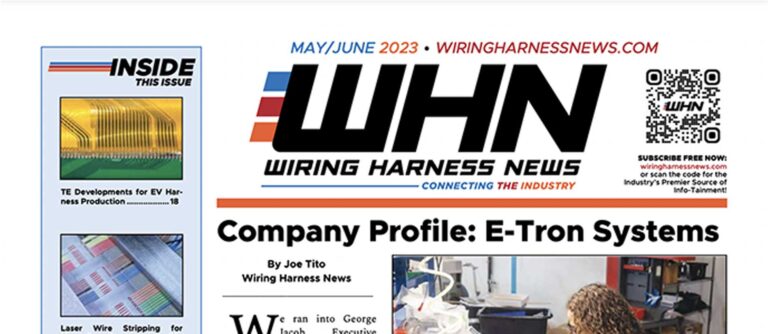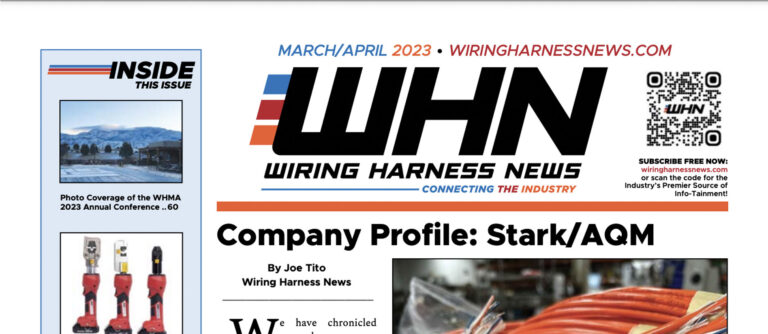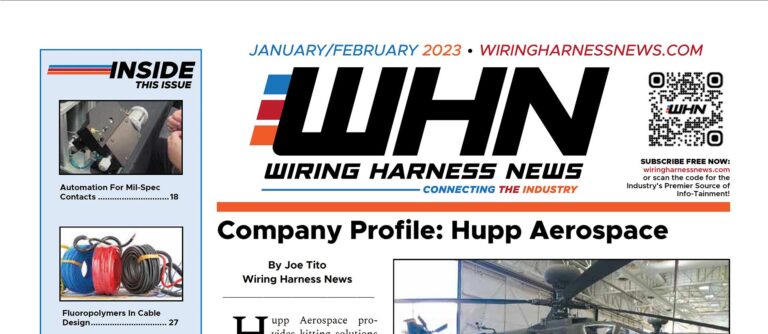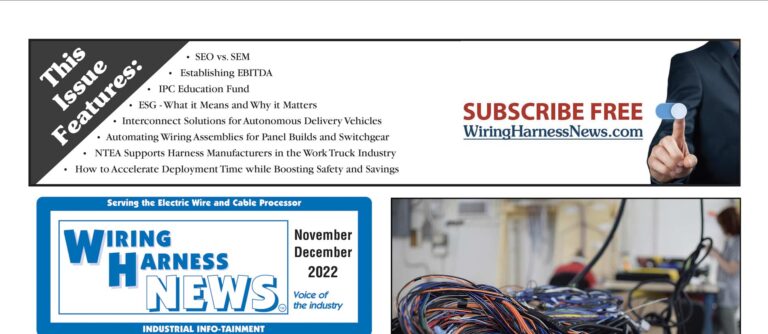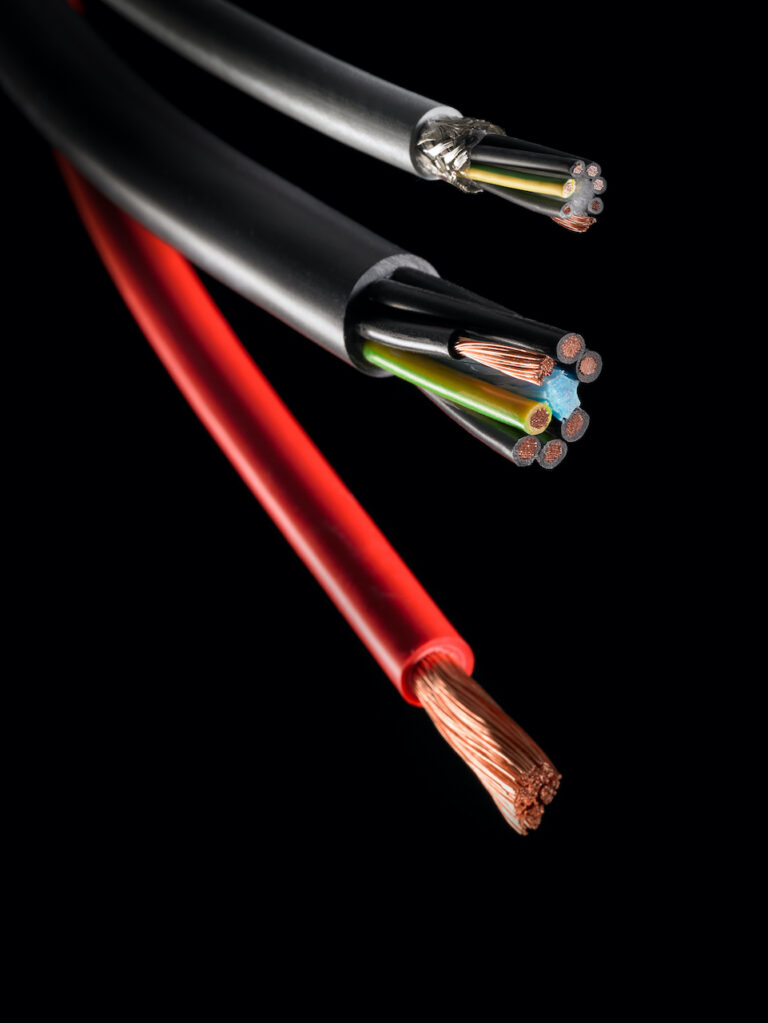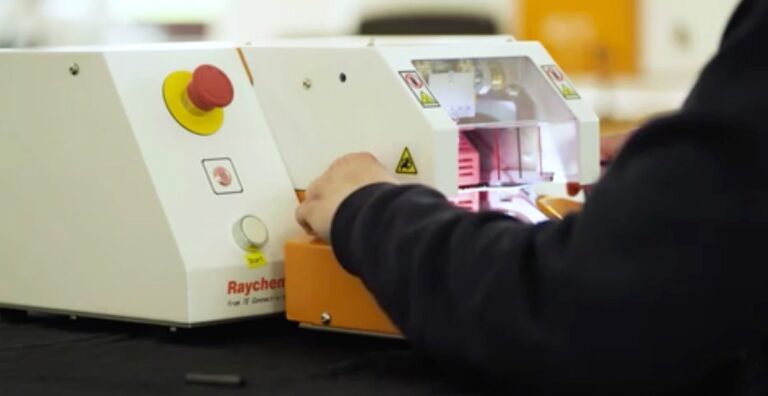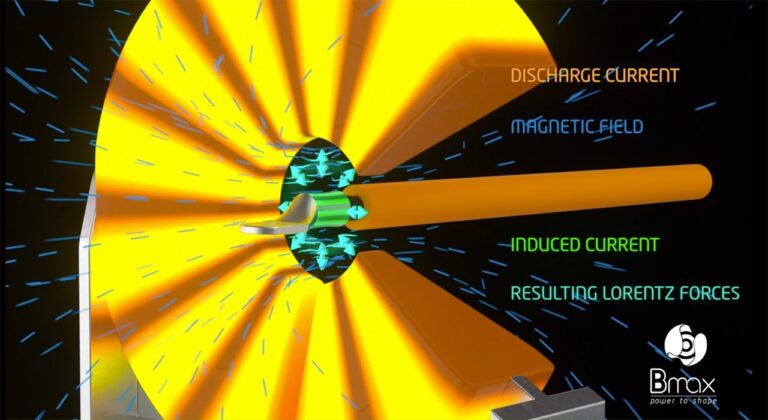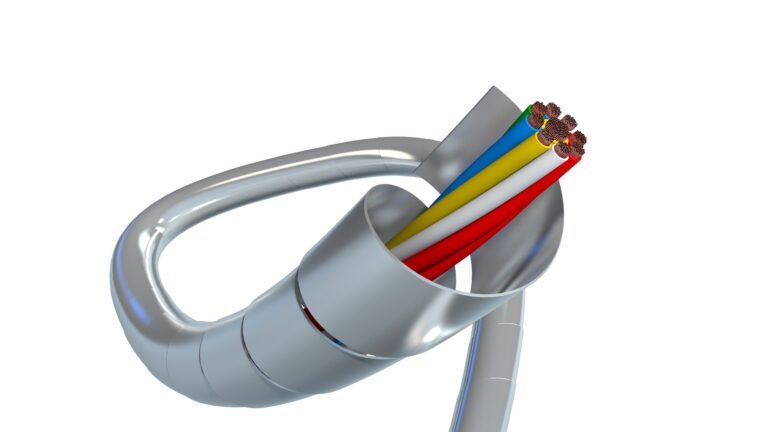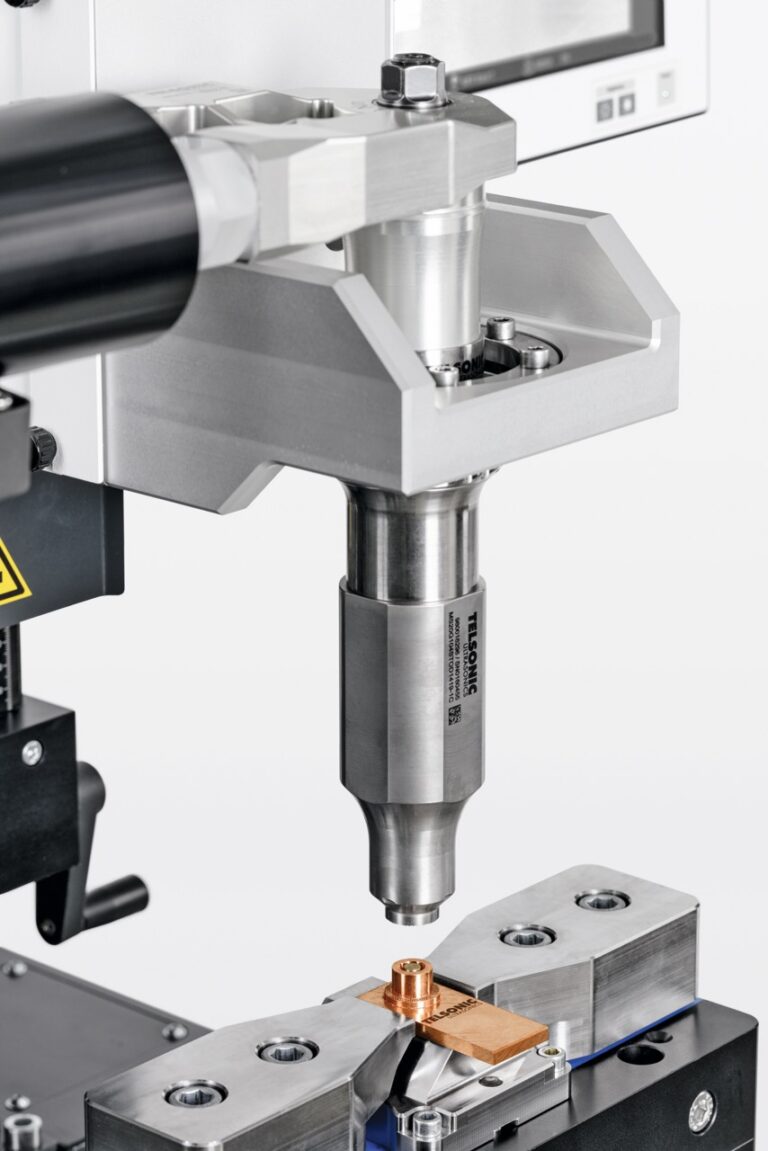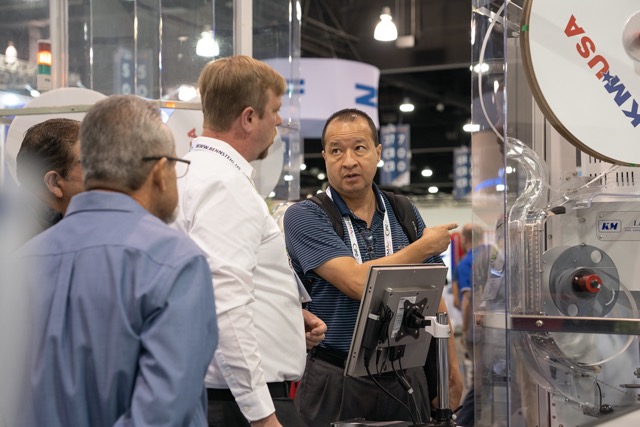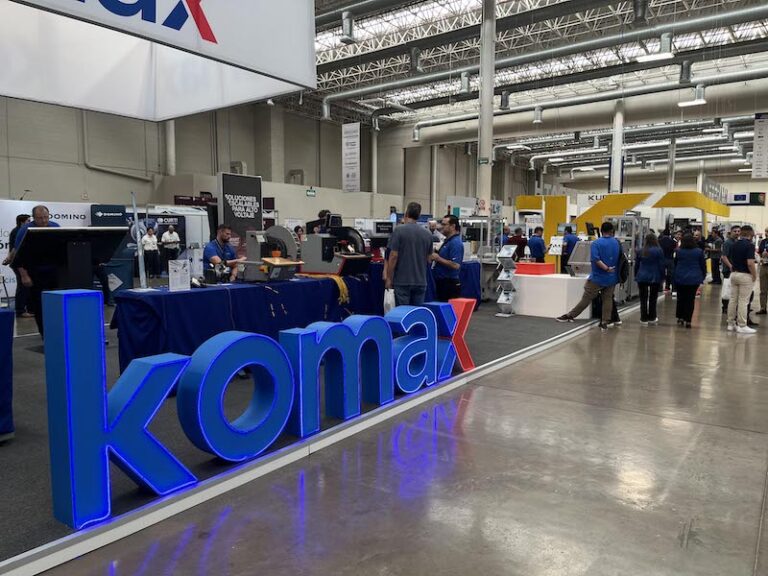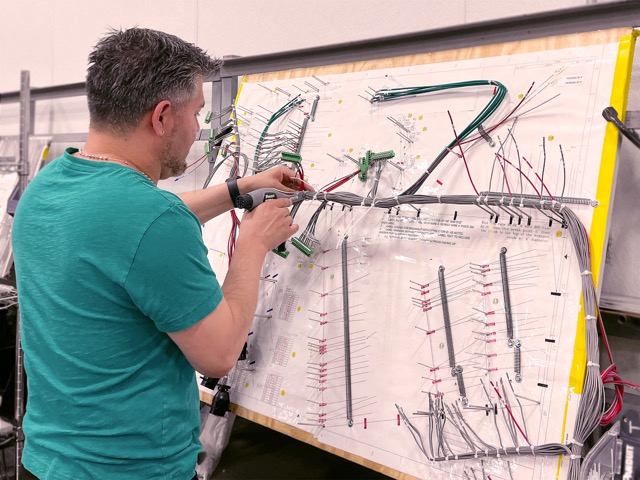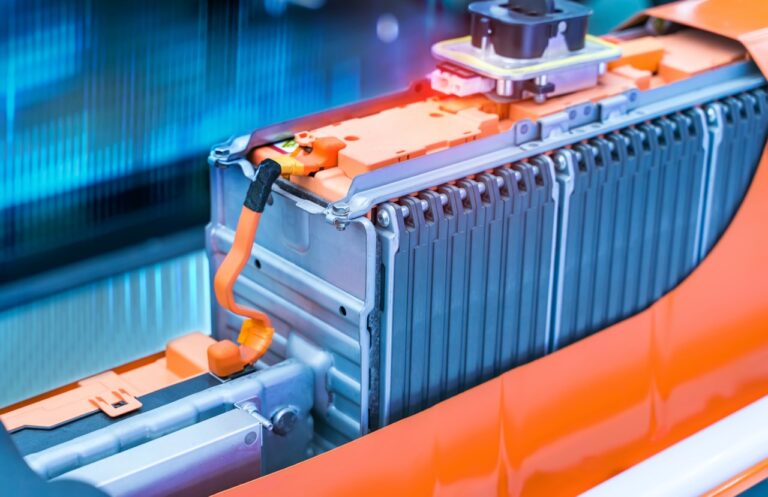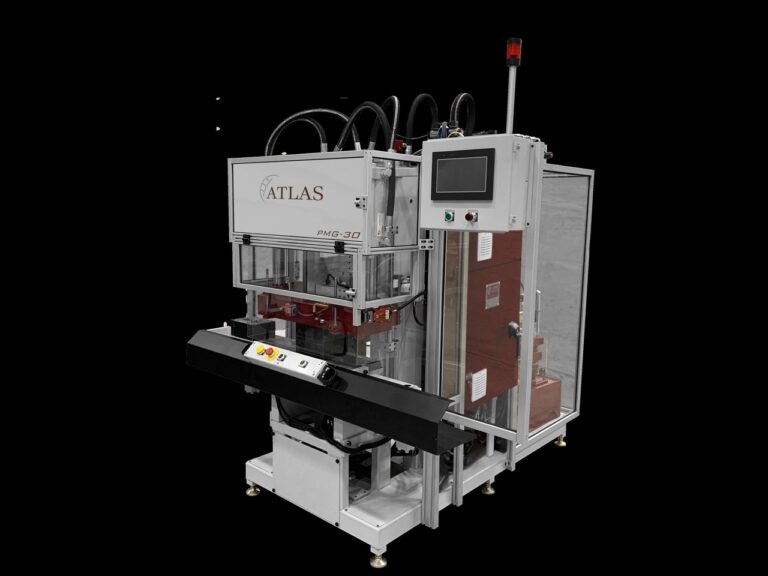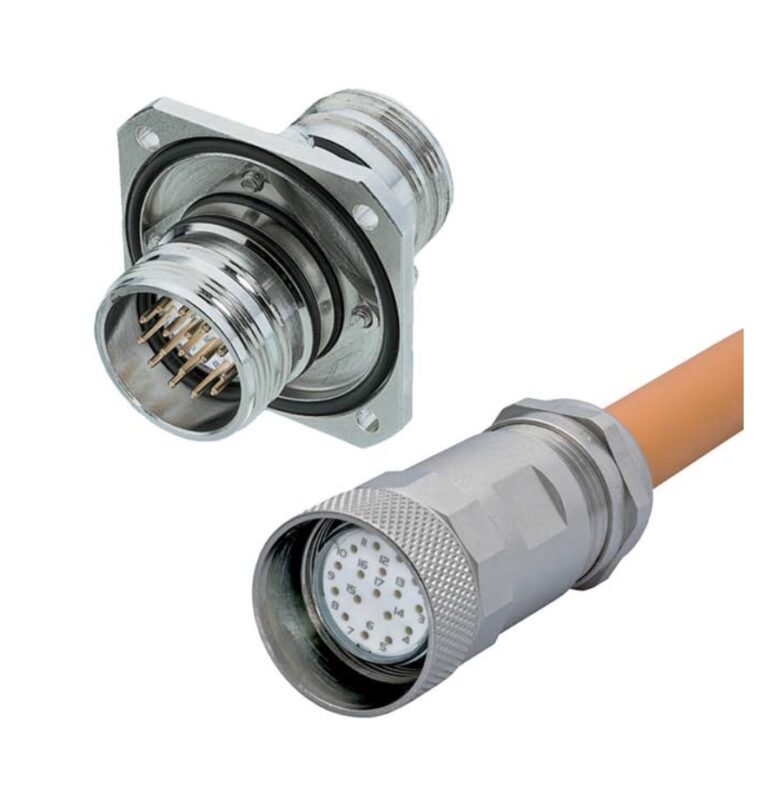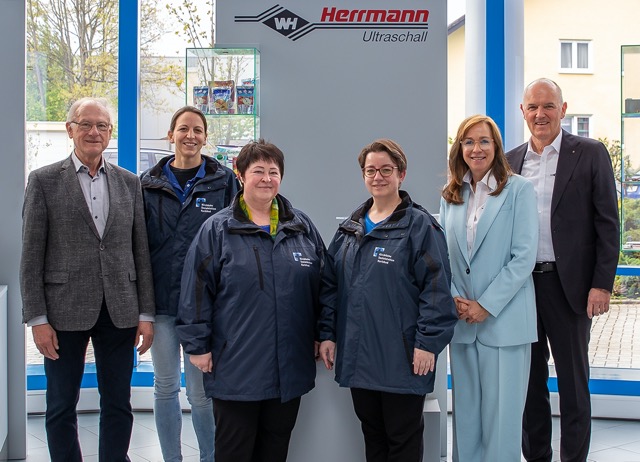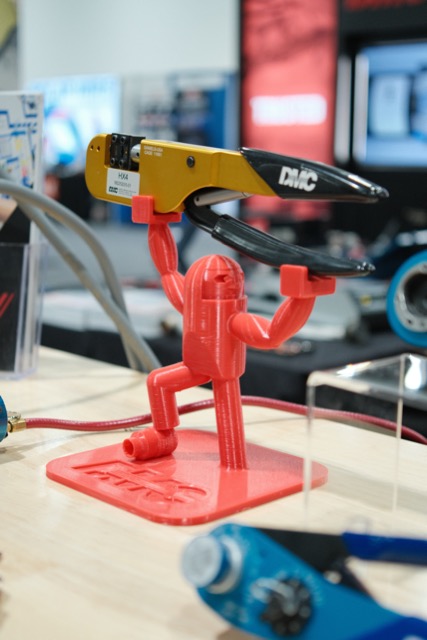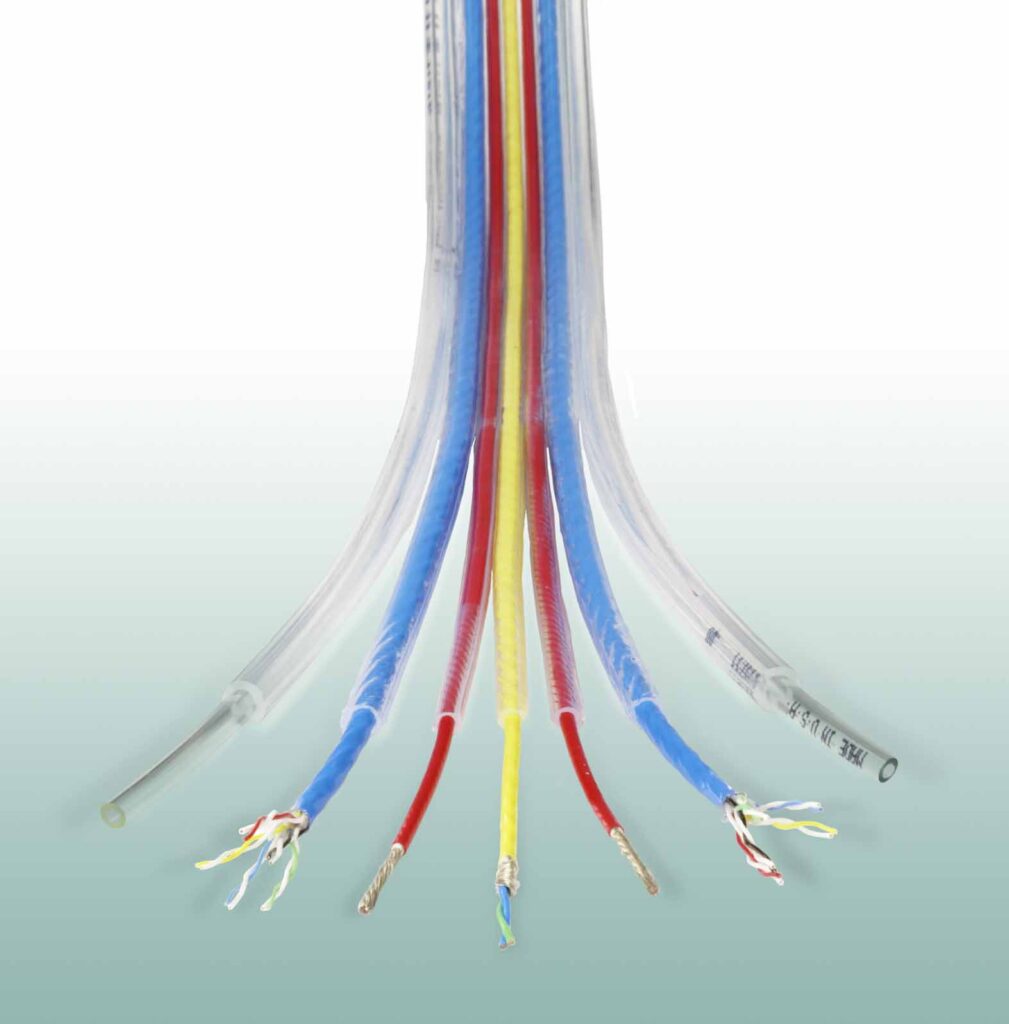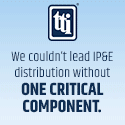Good soldering skills are essential in the wire harness industry because they ensure reliable and durable electrical connections. In this industry, wire harnesses are crucial components used to transmit signals and power within various types of machinery and equipment, from automobiles to industrial machines. Poor soldering can lead to weak joints, which can cause electrical failures, intermittent connections, and even safety hazards due to short circuits or overheating. Ensuring that solder joints are strong, clean, and properly insulated helps maintain the integrity and longevity of the harnesses, preventing costly repairs and downtime.
Skilled soldering contributes to the overall quality and efficiency of the manufacturing process. Precision in soldering reduces the likelihood of defects and rework, which can significantly impact production schedules and costs. As wire harnesses often need to fit into tight spaces and complex configurations, proficient soldering ensures that components are assembled correctly and can withstand the mechanical stresses they may encounter during installation and operation. This level of craftsmanship not only enhances the performance and reliability of the final product but also upholds the reputation of the manufacturers in a competitive market where quality and dependability are paramount.
In the highly competitive and quality-centric realm of wire harness manufacturing, adhering to industry standards is not merely a best practice; it is a strategic necessity. IPC J-STD-001J, “Requirements for Soldered Electrical and Electronic Assemblies,” stands out as a critical standard that wire harness manufacturers should prioritize.
IPC/WHMA-A-620E standard is the go-to standard for cable and harness manufacturing and the soldering standards of J-STD-001 are not directly applicable to cable and harness manufacturing unless explicitly specified. However, there are several compelling reasons why wire harness manufacturers should keep their eye out for this standard.
1. Ensuring Quality and Reliability: IPC J-STD-001J provides comprehensive guidelines on soldering processes, ensuring that assemblies meet the highest quality and reliability standards. By adhering to these guidelines, wire harness manufacturers can produce assemblies that are durable and perform consistently under various conditions. This level of quality is crucial in industries such as aerospace, automotive, and telecommunications, where the performance of wire harnesses can directly impact safety and operational efficiency.
2. Enhancing Competitive Advantage: Compliance with IPC J-STD-001J standard can serve as a significant differentiator in the marketplace. Customers are increasingly looking for suppliers who can demonstrate adherence to recognized industry standards, as this assures them of the product’s quality and reliability. Individuals who are certified to this standard can market their compliance as a competitive advantage, thereby attracting more business and building stronger client relationships.
3. Facilitating Global Trade: IPC J-STD-001J is internationally recognized and respected. For wire harness manufacturers aiming to expand their market reach globally, compliance with this standard can simplify the process of entering new markets. It aligns their products with global expectations and requirements, thereby reducing potential barriers to trade and making their products more appealing to international customers.
4. Streamlining Production Processes: The standard provides detailed guidelines on various aspects of the manufacturing process, from material selection to assembly techniques and quality control. By following these guidelines, manufacturers can streamline their production processes, reduce waste, and minimize rework. This not only enhances efficiency but also contributes to cost savings, allowing manufacturers to operate more competitively.
5. Mitigating Risk: Adherence to IPC J-STD-001J standard helps mitigate the risk of product failures and recalls. The stringent requirements for soldering and assembly ensure that wire harnesses are built to withstand the stresses and demands of their intended applications. This proactive approach to quality management reduces the likelihood of defects, enhancing customer satisfaction and protecting the manufacturer’s reputation.
IPC J-STD-001J standard is a cornerstone for wire harness manufacturers aiming to deliver superior soldered products in a demanding and competitive market. By embracing this standard, manufacturers can ensure high quality, enhance their marketability, facilitate global trade, streamline production, and mitigate risks, ultimately positioning themselves for long-term success.



